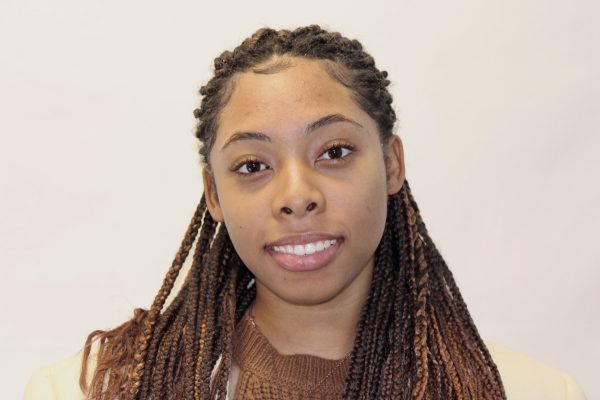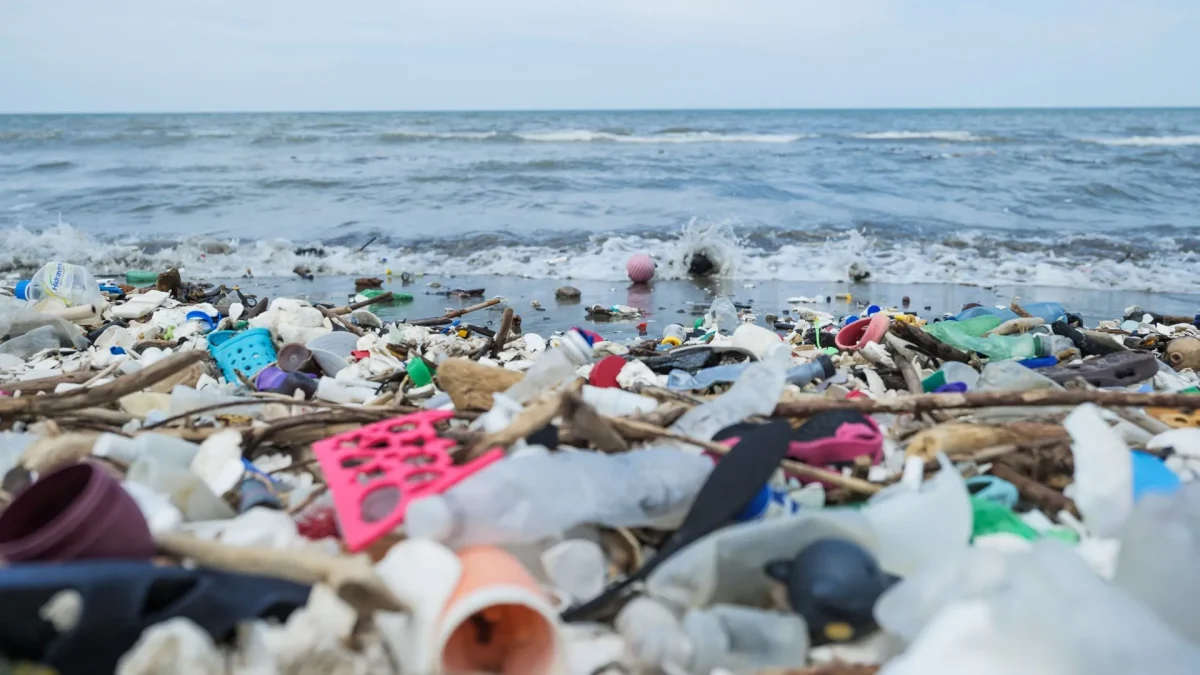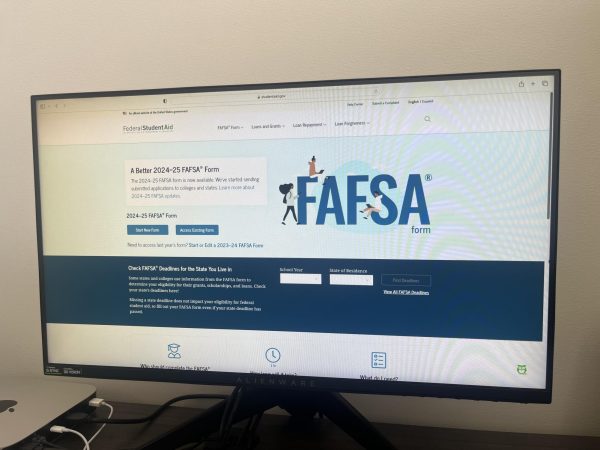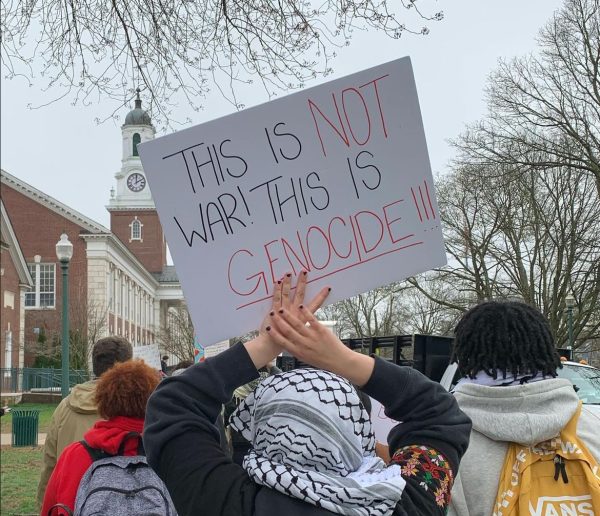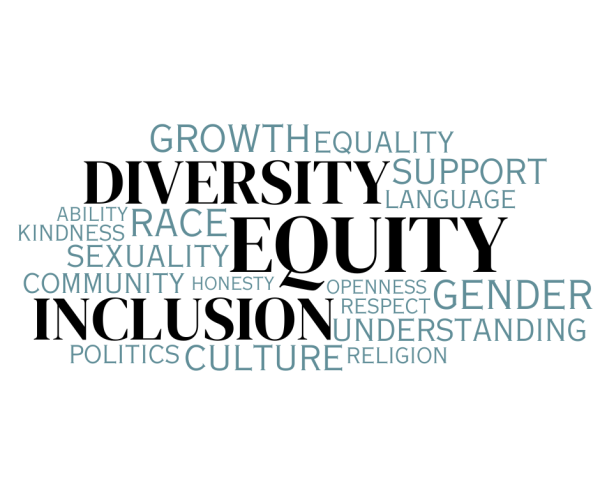Advocacy Encouraged at Climate Justice Panel
May 8, 2023
Advocates at the Grassroots Movement for Climate Justice Panel Discussion asked students to raise awareness of climate justice by working with senators and community leaders.
The panel took place on April 19 at Central Connecticut State University.
Advocates on the panel were Lee Mixashawn Robbie, Angel Serrano, Bridgette Prince, and Cynthia Jennings.
Robbie, an Indigenous artist encouraged addressing environmental challenges with the use of science and art.
“Science and art are what I call ‘hemispheric principles’ and are something that we can utilize every day,” he said at the panel.
Robbie said if there are more eco-friendly transportation options it will influence positive inclinations.
“If they [CCSU] have more bicycle paths,” he said at the panel. “And more facilities where people can safely keep their bikes, I’m sure there will be more people that will be doing that. And it should be encouraged.”
Serrano, organizer for Connecticut Citizen Action Group, said there are a variety of jobs and opportunities people can take advantage of to help the environment; such as environmental activism or taking part in urban agriculture, someone who farms and produces crops for their community.
Serrano introduced the “Insure Our Future” coalition.
“One of the campaigns that I’m involved in CCAG is to Insure our Future,” he said at the panel. “That campaign aims to kind of battle insurance companies in Connecticut. What we’re asking is that they change their policy to stop insuring new fossil fuel plants and anything to do with coal, oil, gas, tar sands, things like that.”
Prince, a United States Army disabled veteran in Hartford, advocates how climate change raised the racial inequalities and environmental injustices in her community.
“Due to climate change, they’re [rain storms] now happening more rapidly and literally within a year or two of each other, and it’ll probably be happening every year because of climate change,” she said at the panel. “Well, corporations know that, politicians know that, and community leaders know. But nothing is being done to address climate change, which causes sewage overflows, in a predominantly black community in the north in Harford.”
Prince said at the panel that since climate change has increased the number of flooding storms in Hartford, residents have brought the issue of sewage overflow to the Metropolitan District Commission, MDC, but there have been no efforts of action.
“The residents brought this issue to the MDC,” she said at the panel. “The MDC said it’s not our problem. It’s not our problem that you have sewage backup and overflowing in your houses. So the consequences are that they’re only saying this to the black and brown communities, the other communities it was actually addressed or is being addressed.”
Prince said during the panel that she is working with environmental and civil rights attorney Cynthia Jennings to advocate on this issue.
Jennings and Prince introduced S.B. 1139, to review and supervise the Metropolitan District Commission to solve sewage overflow in predominantly black regions in the North end of Hartford.
Jennings and Prince called for those who support the oversight and audit of water supplies for better monitoring purposes to send an email to Attorney General William Tong and Speaker of the House of Representatives Matt Ritter supporting S.B. 1139.
Prince and Jennings said contacting Senator Slap and Representative Delnicki and Ritter in support of S.B. 1139, calling for the FBI and Department of Justice to conduct a forensic investigation into MDC’s actions and organizing with other schools are ways that students can advocate.
“My position as a veteran is if I can volunteer,” Prince said at the panel. “To give up my life for the United States of America and to go to any foreign country, and fight over a war that I know nothing about and fight in a country with people who might not like me anyway; when I come back to my hometown, we should not be dealing with environmental racism, environmental injustice, and it should not be sewage, and human waste, human feces, flowing through your houses.”
